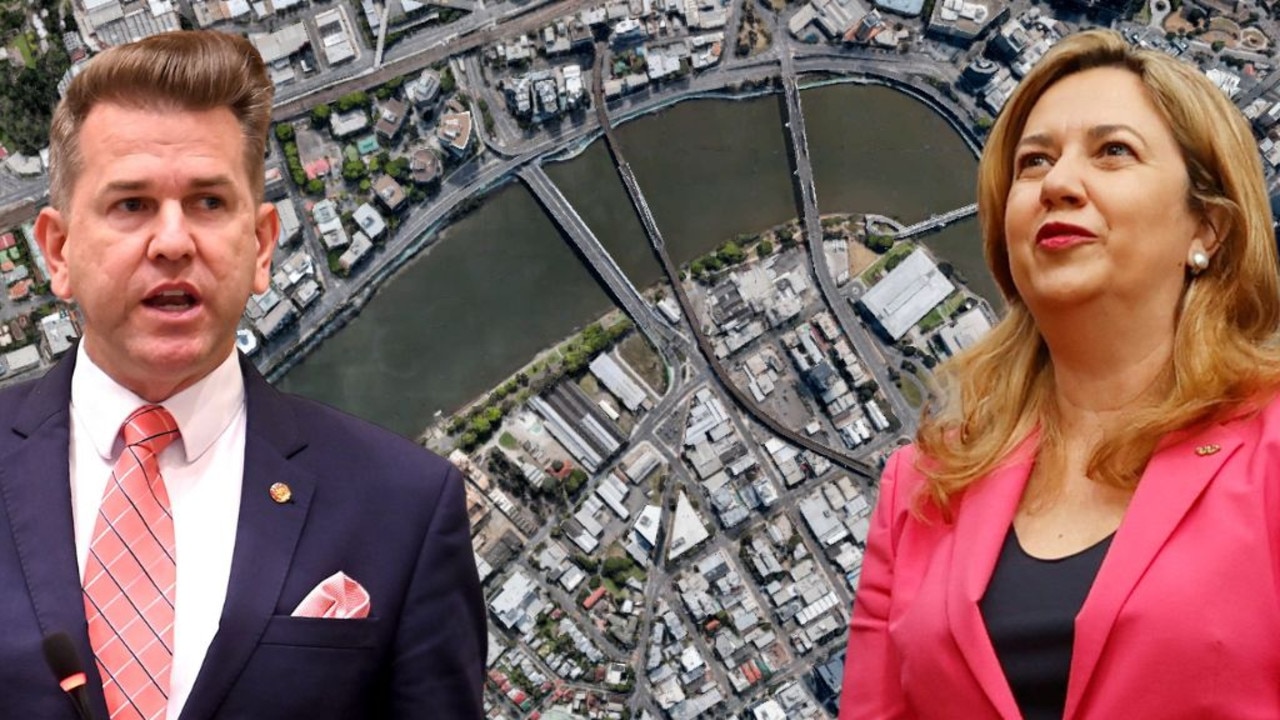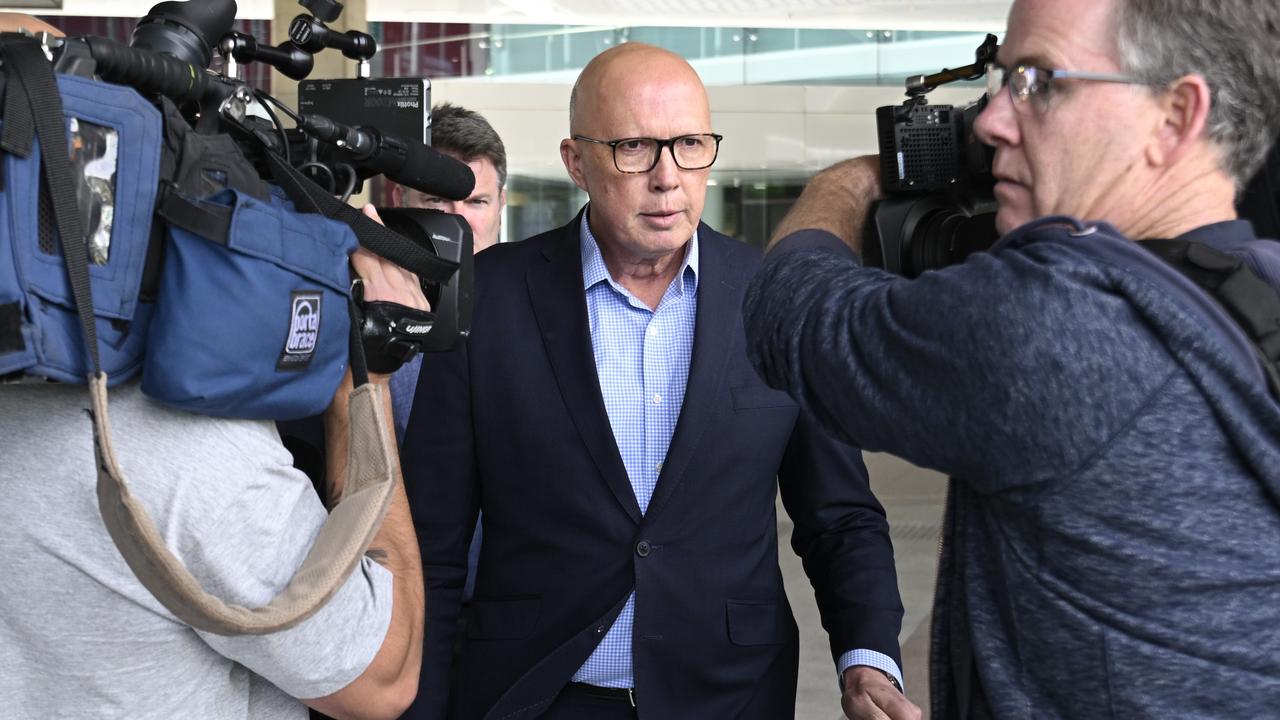Relentless bullying tragically claimed two bright young Queenslanders
A leading school principal who lost a student to suicide has taken aim at social media giant Snapchat saying the platform is a “Godsend” for online bullies wanting to harm others.
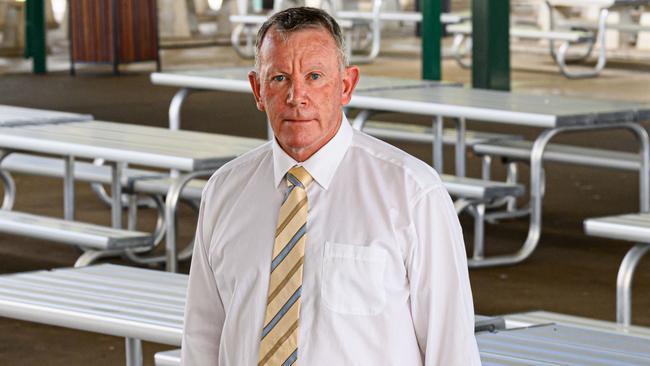
QLD News
Don't miss out on the headlines from QLD News. Followed categories will be added to My News.
A leading principal who recently lost a student to suicide from relentless online bullying has accused Queensland parents of putting their child’s social media usage in the “too-hard basket”.
Shalom College principal Dan McMahon urged parents to remain engaged with their child’s digital activity.
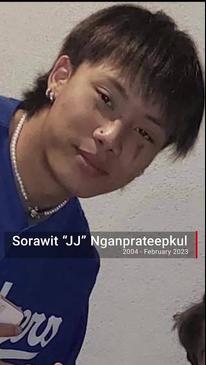
Both were subjected to relentless bullying campaigns from their peers on social media.
Ella was a “bright and quirky” girl who had just earned an academic scholarship at one of Brisbane’s most prestigious all-girls’ schools, Lourdes Hill.
But after just one term, Ella became the victim of an online catfishing scheme orchestrated by other girls who shared her photos across social media, leading to bullying, isolation and a mental health battle.
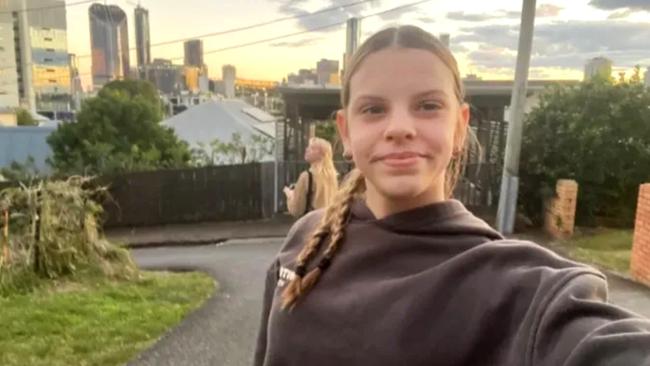
Isla tragically took her own life last month, after years of online torment and mental health struggles.
Mr McMahon urged parents to be vigilant.
“Too often, parents ‘vacate the field’ and put this issue in the too hard basket. Parents often seem to feel disempowered when it comes to their child’s phone use,” Mr McMahon said, speaking about parents generally.
“Every parent would rightly create rules around who can enter their house and have access to their child’s bedroom, but they allow strangers and others to interact with their child via their device.”
He said the proposed social media age restrictions will only succeed if the ban has full support from parents.
“To make this work, the ‘buy in’ from parents will be crucial. It is not uncommon for adolescents to use a fake ID or one borrowed from a sibling or friend to get into a club or access a bottle shop,” he said.
“I would think that if social media companies were quicker and better able to block or close down inappropriate commentary, this would be a more impactful solution.”
Mr McMahon also took aim at social media giant Snapchat over its system allowing content to be removed after it is viewed by all parties in the conversation.
“For the life of me, I cannot see a single positive use of Snapchat. An App that quickly deletes whatever is posted is a Godsend to anyone who wants to post harmful material,” Mr McMahon said.
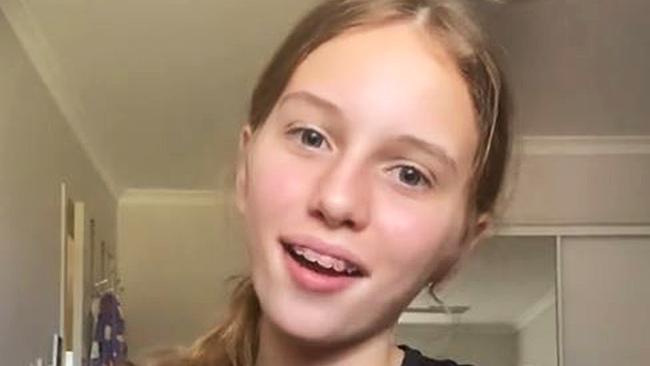
“Most harmful online behaviour does not occur at schools. Most of that poor behaviour occurs while children are under the supervision of parents – very many of whom are just not watching. Schools are often left to pick up the pieces and try to repair the harm done. “Parents, regrettably, need to stop saying ‘I trust my child’. There are too many other factors and other people they have to trust and over whom they have absolutely no control.”
Mr McMahon described the loss of both girls as a tragedy.
“Every young death is a tragedy and a tragedy that shouldn’t have occurred. This latest incident just adds to everyone’s sadness,” he said.
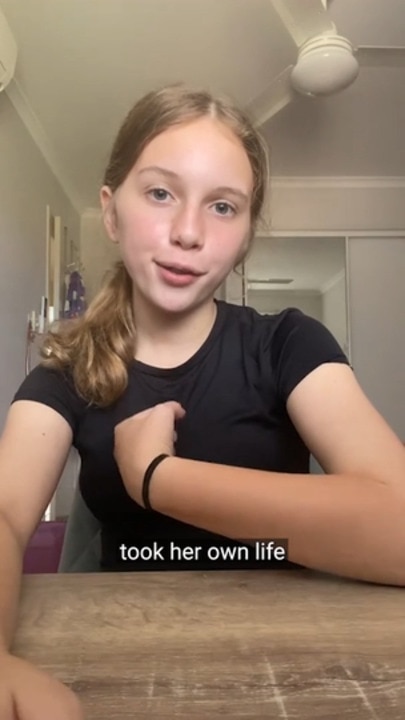
He told The Courier-Mail that all levels of government need to continue holding social media giants accountable.
“Governments, both State and Federal, need to keep holding the feet of the social media giants to the fire and demand that they respond to issues of hate and bullying much more proactively,” he said.
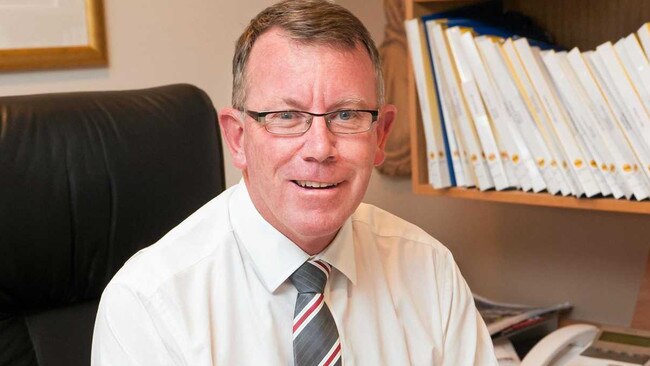
“There are issues of free speech that have to be negotiated, but the world we are in now is different, and we need to respond differently.”
In the weeks following Isla’s suicide, Mr McMahon has stressed the importance of the ‘R U OK’ campaign.
“As well as reminding young people about RUOK, we’ve also stressed the addition to that campaign with the response ‘Actually, just at the moment, I’m not OK’. Having the courage to acknowledge that I might need support, at times, is crucial,” he said.
He believes younger children may struggle with losing access to social media, but is confident the long-term benefits will make it worth it.
■ QUIZ: Is your child at risk?
“I fear that there will be a current cohort of young people who may not be able to be easily weaned off social media, but we may be able to do something very positive for younger students who might not yet be ensnared by social media use,” he said.
“Let’s not let the imperfect get in the way of the good.”
Heads Up Alliance, an organisation aimed at educating parents on why children don’t need smartphones, was one of the driving forces behind News Corp’s Let Them Be Kids campaign.
Co-founder Dany Elachi is calling the social media age limit as a big win for parents.
“We are absolutely thrilled that the Prime Minister has made this world leading announcement, and we think a lot of good is going to come from it,” he said.
In response to the plan to restrict children under the age of 16 from accessing social media, an eSafety spokesman said it welcomed the government’s leadership on the issue.
“eSafety remains committed to working closely with government, industry, and the community to further strengthen Australia’s approach to online harms,” he said.
“We must continue ensuring that the platforms and services Australians are using today and tomorrow are safer and that companies that profit from them are increasingly transparent and accountable.”
Originally published as Relentless bullying tragically claimed two bright young Queenslanders
Read related topics:Let Them Be Kids

